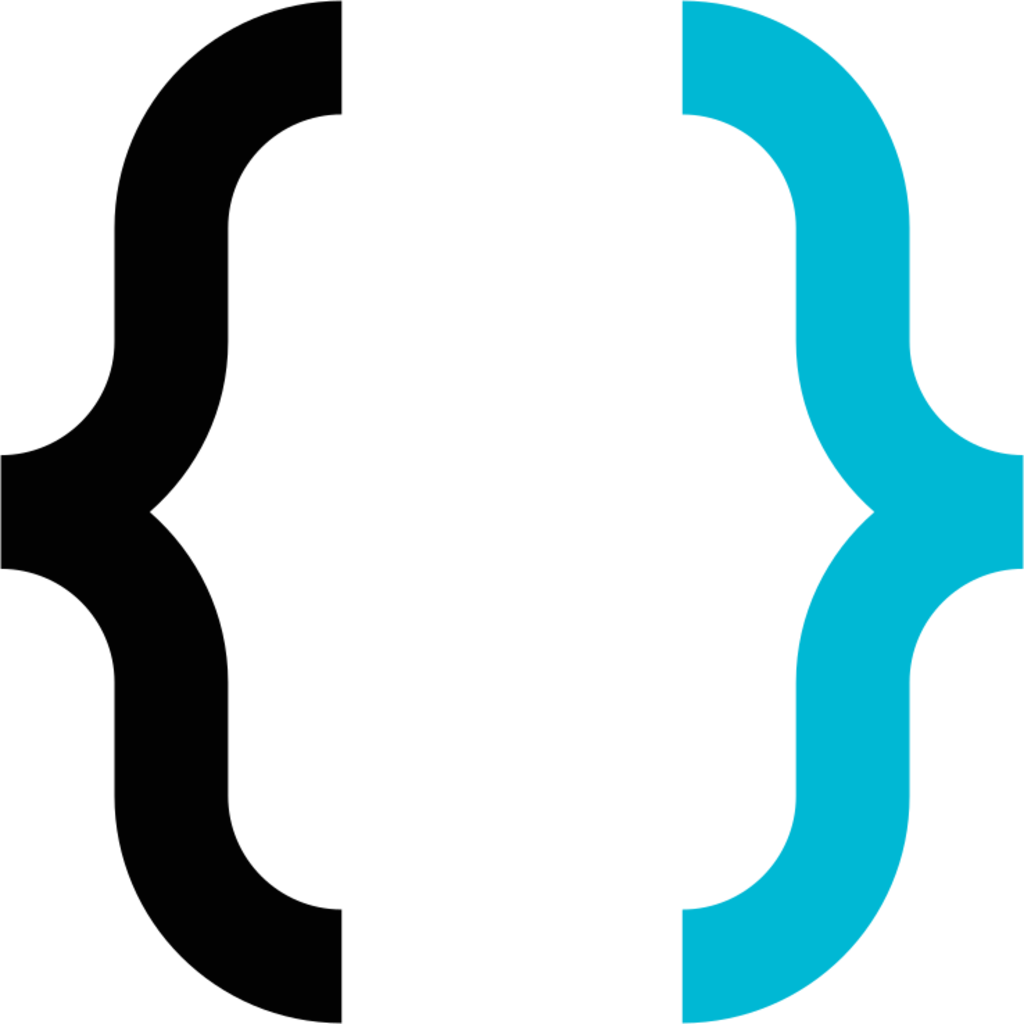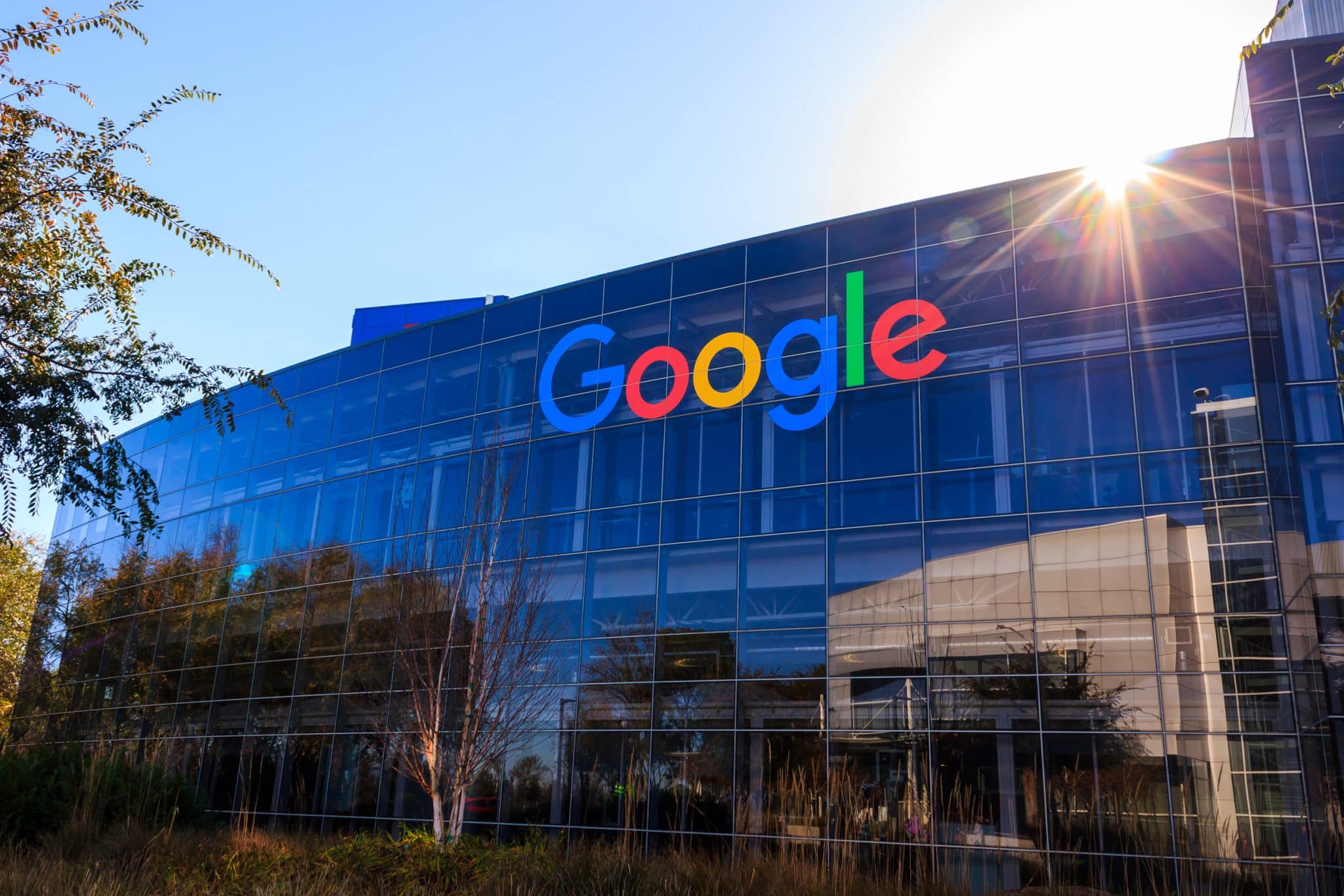Attacks and doxing make me personally MORE likely to support stronger safety features in chromium, as such acts increase my suspicion that there is significant intimidation from criminals who are afraid this feature will disrupt their illegal and/or unethical businesses, and I don’t give in to criminals or bullies
Kick a puppy
Get attacked for kicking a puppy
“These attacks make me MORE likely to keep kicking puppies, as I don’t give in to intimidation from criminals and bullies that want healthy puppies for their nefarious ends.”

They’re literally burning bridges after crossing them huh. Web scraping is illegal? Their fucking search engine was powered by a web scraper.
WEI is plain anti-competition to me now. Most, if not all, of their stated reasons are now just facade to me.
Fuck Google. I know this isn’t constructive or helpful, but fuck em.

The standard “but it’s different when we do it” principle. It’s a powerful tool.

The reality distortion fields are strong around those Google statements

I can’t even see Google from here (reality)

Quick correction: website scraping and ad blocking is not unlawful. It both is a means to make the web more accessible and the latter also reduces CO2 emission through reducing electricity usage from irrelevant ads. The same case could be made for web scraping as a user can make their own feed of news without having to sift through hundreds of pages. This as well can be done in a way that does not disrupt the pages‘ normal function.
That is where the two larger issues come in:
- people can argue that you need to pay for viewing a page/getting information through apps And
- branding powerusers as criminals („unlawful“) is unfair and false
The „pay for information“ is largely a phylosophical problem. It is no problem to pay for someones book or online course but the blanket statement that one has to pay for it is false. As an open source developer I give my work freely to others and in turn receive theirs freely as well (if they use the appropriate license of course).
We really have two sides forming. The „open internet“ crowd that works together for free or maybe accepts donations and the proprietary crowd which is having a huge influence right now.
Google putting in web DRM will cement that situation and make it possible that you can only use vanilla stuff on your browser and ultimately even shutting down any access to open source things completely by making it impossible to run on ubuntu since google will only accept windows clients (this is a possible outcome, not a guaranteed one).
All in all, we are unable to perfectly anticipate the outcome of this but if we see great harming potential, it is fair to weigh it agains the potential benefits (which is the lofty goal of weeding out bots and scammers). I think the cost benefit relation is heavily tilted here.
TL;DR: Tinkering with your browser is not illegal and should be allowed to continue. The cost of (potentially) weeding out bots and scammers is not worth potentially ruining the open source community.

I work with cultural heritage and have the strong believe, that information should be open and easy accessible. Citizen have a right to access to knowledge and to educate themselves unter their circumstanses. But of course the Infrastructur cost money and this should always be a discurse between all parties. And not been dictated by major companies.
It is a really hard fight for museums, archives and libaries lately. What do you do when your electricity bill jumps up to 5 million during the war in the ukrain?
We need to unite and search for ways to keep the Internet accessible.

I can relate. People like you are the structural pillars of our society.
I‘m not familiar to the laws concerning cultural heritage but some of the museums should be partially tax funded, no?

Thanks 😊
Mostly you are right, of course it depence on the country. a lot of institutes are tax funded, but the cost can’t be covered just with that. Rent, wages, special rooms for the heritage… the new competitor is everything digital: a homepage, a database, social media. Museums need all of that to stay relevant. but the budget stays the same.
(And of course we depent on open data, to reduce thr dependence on big tech companies)
The war has shown how fragile this is. Cost of electricity had boomt, but there is no room to reduce it. Paintings, glas, it all needs their own temperature. But explain that to someone who is just Management. We scientist/ academics have a weak basis for negotiation, when the administration wants to save money. In my country cultural heritage is clearly not a priority, that leads to institutes having no money and losing relevance. Which is dangerous for the variety of knowledge.
Thanks for giving me the space to shortly explain this. I think we all need to work together to make the web, the heritage accessible! 😤

Sure. You‘re welcome.
It’s heartbreaking how humanity treats its heritage especially given the extreme advancements of the last 100 yrs.
If you feel like your country does not do enough, consider writing letters to your local politicians and explain the situation. Often, people overestimate the amount effort it takes to make a difference with humans.
Good luck.

Doesn’t Google scrape websites? Isn’t that the entire purpose of google.com? If that were illegal, then Google would be the biggest offender. The author should probably look where he’s pointing his gun before firing it.

It sounds like the author is getting their points mixed up. It is not unlawful to scrape websites but google kind of makes it look that way which is inherently bad. There’s no two ways about this. Google needs to step back from this.

“WEI can potentially be used to impose restrictions on unlawful activities on the internet, such as downloading YouTube videos and other content, ad blocking, web scraping, etc.”
WTF. Most of these activities are actual lawful in the country I life in. (Especially with adblockers, the content mafia tried to outlaw it and failed in court, several times.)

All of them are lawful

not to mention that every single thing your browser is displaying has actually been downloaded. it’s conceptually impossible not to be the case…

The proposal is bad enough as it is, but it’s the duplicitous gaslighting BS that really pisses people off.
If they came out and said “We came up with this thing to prevent loss of revenue on ads and prevent LLMs from capturing data” then people would still be against it, but at least it would feel like an honest discussion.
Instead it’s just another page out of Google’s playbook we’ve seen many times already.
- Make up some thinly veiled use cases that supposedly highlight how this would benefit users, while significantly stretching the definition of “users”
- Gaslight every one by pretending that people simply misunderstand what you’re proposing and what you’re trying to achieve
- Pretend that nobody provides reasonable feedback because everyone is telling you not to commit murder in the first place instead of giving you tips on how to hide the body
- Latch onto the few, inevitable, cases of people going too far to paint everyone opposing it in a negative light
- Use that premise to explain why you had to unilaterally shut down any and all avenues for people to provide comment
- Make the announcement that you hear people and that you’re working on it and that all will be well
- Just do what you want anyways with minimal concessions if any and rinse repeat
For what it’s worth I blame W3C as well.
Their relatively young “Anti-Fraud Community Group” has essentially green lit this thing during meetings as can be seen here:https://github.com/antifraudcg/meetings/blob/main/2023/05-26.md
https://github.com/antifraudcg/meetings/blob/main/2023/07-07-wei-side-meeting.md

W3C is in the palms of Google anyway.

I did not know this. I always likened them to the EFF, an organization that aimed to make things better. Never in a million years would I have thought they were just shills for Alphabet 🙁

Google has been the W3C since Chromium

Is it just me or are Twitter, Reddit, and now Google, scrambling to lock their doors to any entities trying to scrape the web for new AI datasets?
All these hugely unpopular decisions, taken on short notice, that may be fatal to their platforms, seem to be more like knee jerk reactions to protect their treasure hoards of possible AI input data.
Opinions?
scrambling to lock their doors
From a consumer perspective, it seems like all the FANG conglomerates are trying to shut the stable door after the AI horse has bolted, but perhaps from an industry perspective, their just trying to pull up the ladder behind themselves to curb competition, or stall any emerging upstarts, just like most FANGs where themselves only decades ago.

You do know that FAANG is an acronym for Facebook, Amazon, Apple, Netflix, and Google, not a type of company. Saying “…like most FANGs [sic] where themselves only decades ago” makes no sense as far as I can read it.
My phone keyboard spelling aside, when the acronym was first coined, correct, but it seems to have sence devolved into more of a colloquialism for large scale tech related corporations, outliving the precise corporate restructuring that once comprised the old acronym. At least that’s what I’ve experienced in my workplaces, as well as the comments here:
Was there a equivalent house hold colloquialism for IBM, HP, Xerox, Bell System, etc. back in the day?

I just prefer that people actually are precise in their language to make things as clear as possible. Saying “FAANG-like companies” is precise and correct, saying “FAANGs” is nonsensical. I would always use FAANG as that acronym, if you just want to mean “Big Tech companies” then just say that instead. It’s a lot more clear to a lot more people who don’t share your tribal-speak of your workplace. People federated here are from a lot more places and making it easier for everyone to know what you’re actually meaning should be a good thing.
Language is inherently messy, localized, and ephemeral, so it could be unwise to expect that kind of conformity on the global internet. It can be jarring, for example tech folk here in the EU seem to use corporate slang a lot differently than when I was working near SFO or DFW, we’re I’d suspect the greater non-homogeneity of native speakers, as compared to the US, had a lot to do with it.
That aside, I think we merely disagree on the colloquial use of FAANG in 2023, as (from my anecdotal perspective) it seems to have semantically shifted into a categorical noun in common vernacular, rather than a once precise acronym from a decade ago, given most of the conglomerates behind the initial spelling have either re-branded, fallen in stock valuation, declined in labor desirability, or whatever else that had originally garnered acclaim and publicity. In that respect, pluralization of such a noun seems mundane, if not a little odd looking for typographical formatting.
Perhaps this could be coined as another stage of acronymization, or “acronym drift”; the process by which an acronym’s original expansion and meaning become less relevant or obscured over time, and the acronym itself is treated and used as a regular word, independent of its original expansion. This can happen when the original meaning of the acronym is no longer relevant, but the acronym continues to be used and recognized based on its familiarity. An example that comes to mind is Google’s original acronym for the QUIC protocol, which is no longer used to mean “Quick UDP Internet Connections”, as was initially proposed.

It seems to me that you missed my point.
Fair enough. I just wanted to point out why you may see others, or news outlets, refer to tech giants, such as Microsoft, as FANGs or FAANGs given the historical context, regardless of how one may prefer to grammatically re-phrase such nonsensical statements. E.g:
So, who are the FAANGs?

They want to close the AI market

Eh… nothing’s happening with Twitter outside of Elon being dumb as hell, as per usual.

That’s a good initiative from google to put more tracktion behind firefox again. Its userbase and amount of supporters will skyrocket!

It really won’t, but I wish it would.

You’re right that it won’t. I will say that I switched from Firefox to chrome when it was still in beta (nobody I talk to ever remembers the “goats teleported” metric). Chrome was way faster. It didn’t handle memory well, but it was the best for me for a long time. The extensions were great.
I just downloaded Firefox on all my devices and I’ve been happy so far. Not as fast as chrome or edge, but gets me closer to leaving google.

I’ve been using Firefox since before they released their “Quantum” update, thankfully, and it’s been quite good for me since then. Still though, we’re going to need way more people switching to make a dent in Chromium - if it’s even possible at this point.

No, it won’t.

WEI can potentially be used to impose restrictions on unlawful activities on the internet, such as downloading YouTube videos and other content, ad blocking, web scraping, etc.
Did the author of the article come from some dystopian parallel universe?

Google must have forgotten when they sued Microsoft for trying to corner the browser market for Internet Explorer. Or maybe they are two faced.

Companies have only one goal, more profit. Both actions here work to that goal.

No no, they sued because they were behind.
Now they are not. Nothing wrong anymore.

Companies never sue because of idealism or values. They sue to get an advantage.
Same as Musk, who is publically harshly against government subsidies for companies. Unless he’s the recipent.

That was for tying IE to Windows, and it was also done while there were paid web browsers competing with them. Then they forced OEM PC makers to bundle IE or get dropped as a customer for Windows licenses.

Upvoted to keep attention on this thing, but that really was a vacuous article with almost no real information in it.
Yeah, I found the discussions on HN and the debates in the Google group mailing list (“Intent to Prototype: Web environment integrity API”) much more interesting, but didn’t hot link the latter in the OP post to limit brigading. Although that mail list archive is made publicly accessable.

Google can fuck off with its WEI. That’s all I can say.
Nobody asked for drm for web.

Kick a puppy
If you have to resort to false equivalences like these, you’re not really making the anti-WEI crowd look good.
*Edit: * There’s some massive misunderstanding about my comment.
I called it a false equivalency because it’s comparing both the measures (“stronger safety”) and the thing is supposed to prevent (doxing and bullying) to puppy kicking.
That’s just emotional manipulation done badly. We all call it out when politicians use pedophiles to warrant Internet surveillance, and now apply it ourselves? I don’t know about you, but when I see bad reasoning, I’ll call it out. Even if it’s done by “my side”.
I think the comment that
the_legois replying to also highlights the false equivalency of calling the anti-WEI crowd as criminals, as was not a good look for Google.They have apologized for using the word criminals & bullies in a broader context and I appreciate that. However, the initial part of the comment is very telling of how they view those who oppose.

That is an analogy.
The analogy being, do something objectively bad, get called out for it, double down because you don’t like getting called out for it.
No one is equivocating anti-wei people to puppies.

There’s some massive misunderstanding about my comment.
I called it a false equivalency because it’s comparing both the measures (“stronger safety”) and the thing is supposed to prevent (doxing and bullying) to puppy kicking.
That’s just emotional manipulation done badly. We all call it out when politicians use pedophiles to warrant Internet surveillance, and now apply it ourselves? I don’t know about you, but when I see bad reasoning, I’ll call it out. Even if it’s done by “my side”.

No, it was not a comparison, it was an ANALOGY.
“A relationship of resemblance or equivalence between two situations, people, or objects, especially when used as a basis for explanation or extrapolation.”
The important word here is resemblance. This is an analogy showing a resemblance, not a comparison.

Ok.

Agree

Off-Topic: I saw this same exact post in lemmy.world.
Are some posts posted cross-instances? How does that work.
I think if the local and remote instances are federated - for posts submitted to remote communities that have subscribers from the local instance - posts to the local instance can be annotated with
cross-posted to:links, whenever the local instance is aware of other federated posts that have a matching URL in other OP posts.A single OP can manually cross post to other communities using the
cross-postbutton next to the title of a post, although that will auto populate the body text of the new post with quoted text from the original, as well as an embedded hyperlink to the original.So coss-posts can be both auto detected by Lemmy, or manually created by OP(s).


